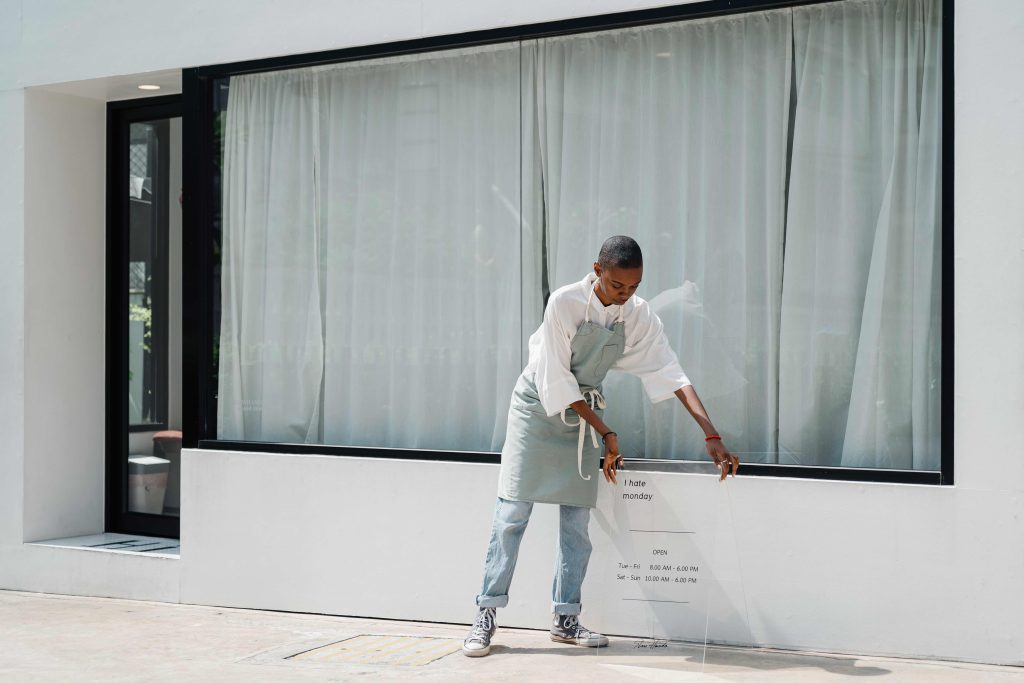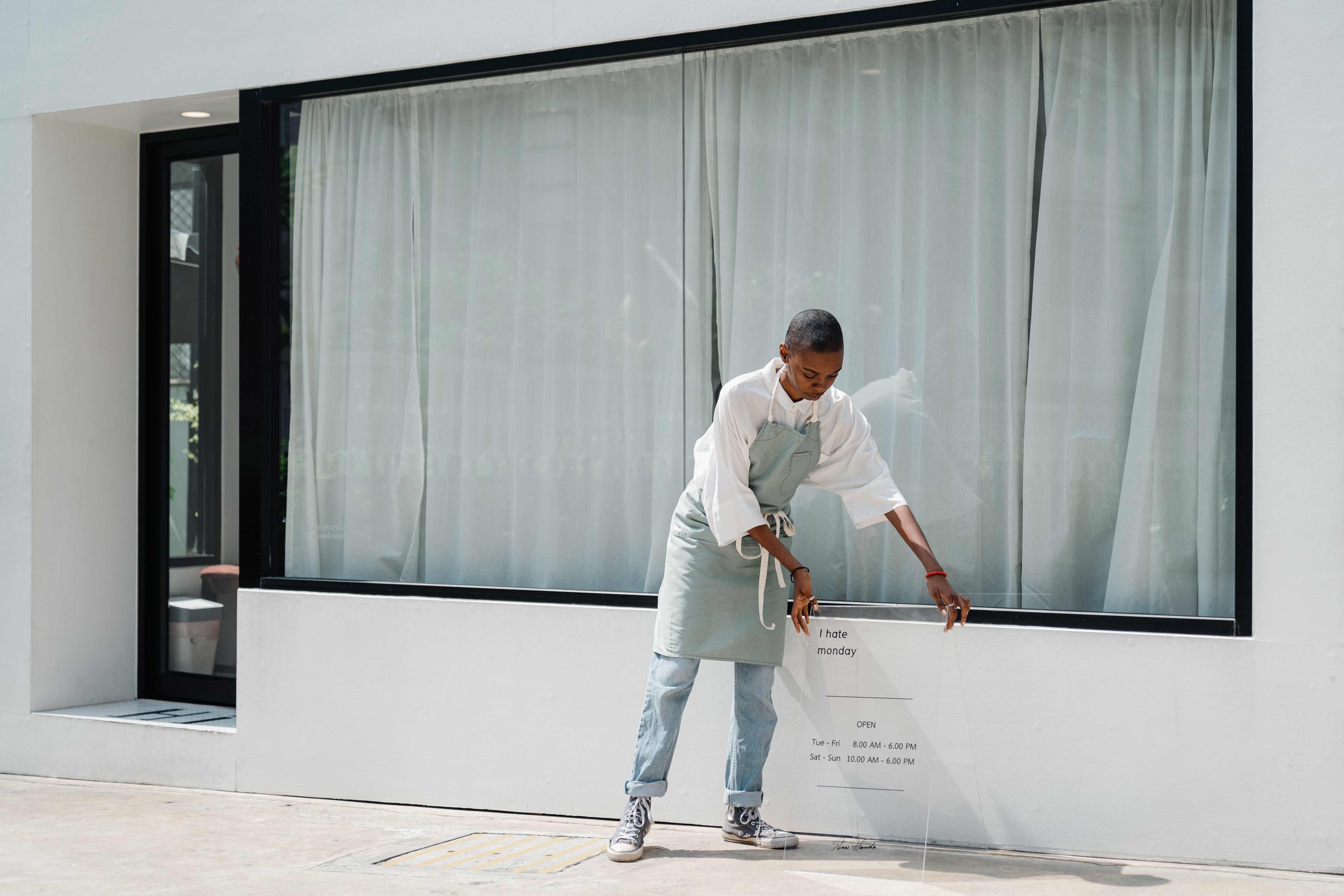By Monique Peterson, Vice President, Director
In a recent USA Today article, Jazzi McGilbert, proprietor of Reparations Club, a Black-owned, Los Angeles-based bookstore and creative space, said “When support of Black business is at the mercy of the news cycle and Black trauma, it creates a pretty turbulent business dynamic.”
As a Black woman and communications professional, this quote not only reminds me of the media’s incredible power to inform public action, but also illustrates how support for communities of color is often at the mercy of the here-today-gone-tomorrow pace of today’s news environment.
Last year, with newsrooms churning out record-high numbers of editorial articles and think pieces, conversations around racial justice surged in the wake of several high-profile cases of police violence against victims in the Black community. Driven by public outcry and calls for accountability, major consumer and corporate brands were encouraged to take a firm stance on their viewpoints related to these incidents through public declarations, corporate funding and other resources in support of the Black community. Similarly, consumers were compelled to learn more about our country’s history of racial oppression, hold local government officials to task and provide support to Black communities and businesses through their own spending habits.
As a result of this historic period of reckoning, Black business owners experienced a massive spike in sales and visibility, even during a global recession and the height of an international pandemic, a promising step forward in the ongoing fight toward racial equality.
While 2020 showed us the power of collective consciousness, the need for more consistent and non-performative allyship still remains. Fast forward to this year, social media conversations, editorial coverage and buying activity in support of Black businesses has since experienced a sharp decline, with many consumers lacking motivation to engage in ongoing support beyond last summer’s historic news cycle in response to racial tensions. In addition, less than 1% of committed corporate pledges have been distributed to Black-owned businesses and causes in support of the Black community.
This August marks Black Business Month, an annual celebration of and dedicated moment to support Black entrepreneurship. If you’re looking for ways to continue to support Black-owned businesses this month, here are some tips and resources:
- Companies such as WeBuyBlack feature a global marketplace of goods created by Black entrepreneurs.
- Historically, businesses owned by people of color are faced with oppressive practices and systemic disparities that impact their entrepreneurial journeys, especially as it relates to securing capital for funding. Explore opportunities to provide financial support for Black-owned businesses at any stage of their lifecycle through funding on platforms such as Kickstarter.
- Do an audit of your spending behavior and identify goods and/or services that can be fulfilled by a Black-owned business.
- Use your voice and platforms to provide visibility for Black-owned businesses and initiatives that you support.
- When given the opportunity, write and share positive reviews online and among your social circles. A well-written compliment and a bit of word-of-mouth about your experience or product goes a long way.
- For brands looking to provide support, consistency is key. Show up by demonstrating a continuous commitment to learning about the history, obstacles and current events that impact diverse communities, collaborating with thought leaders in the space and leveraging appropriate brand channels and resources to make a difference — not just on specific cultural moments or contingent upon the given news cycle, but as part of a thoughtful overarching strategy.
Supporting Black-owned businesses creates a more equitable ecosystem for all business owners to thrive, providing increased access and options reflective of the diversity in consumers seeking them out. It not only reaffirms our ongoing commitment to equality, but also opens a world of possibilities for more diverse exposure to the things we rely on every single day.

